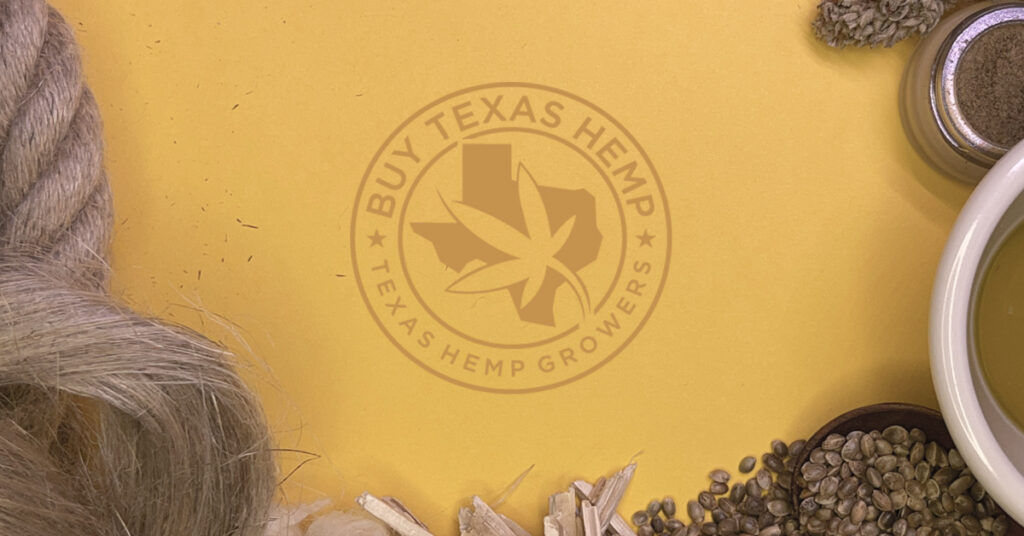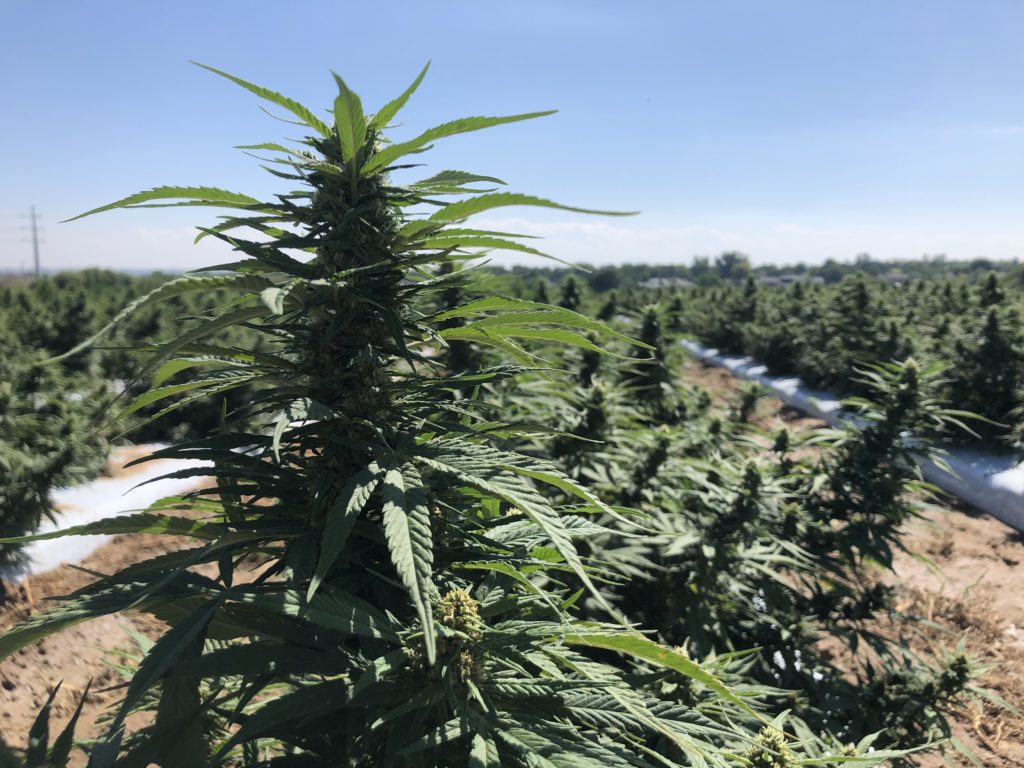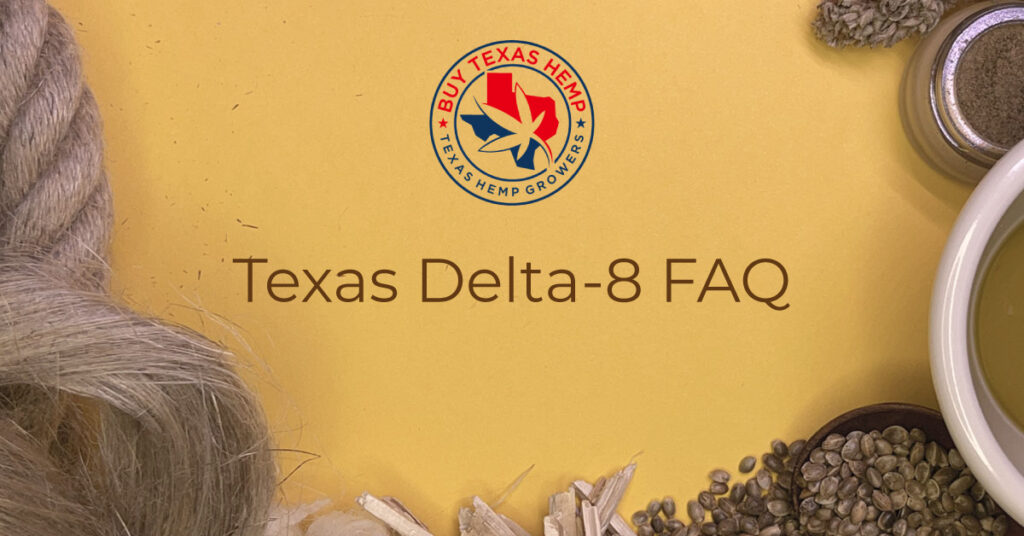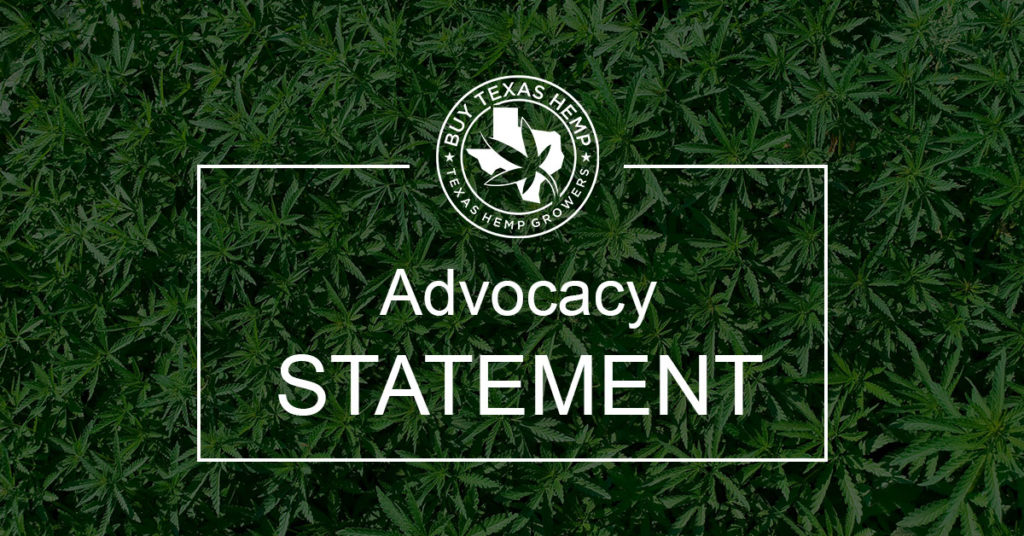Will the delta-8 and candy ban pass in Texas? Here’s our analysis

The 88th Texas State Session is more than halfway finished, and several bills have been filed that would bring major changes to the hemp industry. But while many bills are introduced, few actually make it across the finish line to become law. Here’s a rundown of the bills that have been introduced so far, along with a review of their probability to become law.
SB 321 & HB 2818 – Hemp Agriculture Fix bills
SB 321 was introduced by Sen. Charles Perry while HB 2818 was introduced by Rep. Briscoe Cain. Both of these bills are companions to each other, meaning they cover the same subject matter. Both bills involve cleaning up and improving language in the state’s agriculture laws concerning the cultivation and processing of hemp.
The language is effectively a replica of similar bills introduced two years ago, which had failed to pass due to getting caught up in the fray of delta-8.
Chief among the changes is adopting language that would keep Texas’ regulations in-line with federal updates; improvements to academic hemp research; a new transportation manifest option for samples less than 1 oz, and a provision that would make it easier to sell and transport immature seedlings between licensees.
Probability to pass: Very High
These bills, which will eventually merge into one, have a high probability of becoming law. Nothing in the bill is controversial, and lawmakers understand these changes are necessary in order for Texas to keep up with new regulations from the federal government.
SB 264 & HB 4238 – Consumable Hemp Products Bill
Introduced by Sen. Perry and Rep. Stephanie Klick, respectively, these bills are companions and would modify the state’s laws governing consumable hemp products. Most controversial among the changes in the bill is a total ban on “synthetic” THCs, like delta-8, delta-10 and other lab-made THCs.
For reference, Rep. Klick is responsible for the state’s medical cannabis program.
While the bill offers some minor improvements to the state’s consumable hemp laws, such as a provision that would allow the Texas Department of State Health Services to be more selective about what is required of a full panel test, the perceived positives are strongly outweighed by the ban, which would significantly curtail Texas’ retail market.
In addition to that, neither of these bills address the current ban on smokable hemp products. Both Klick and Perry declined to introduce an amendment to their bills when we asked. Perry has a supposed moral opposition to anything having to do with smoking or alcohol, while Klick’s office has a bias in favor of the state’s cannabis monopoly and further claimed they don’t have the political strength to get such an amendment past republican leadership in both chambers. Both representatives worked together in 2019, when the state originally adopted its hemp law, to include the language banning smokable hemp. Both offices said the smokable ban was introduced as a compromise to get Lt. Gov. Dan Patrick to approve the state’s hemp program in the Senate.
Probability to Pass: High
Unlike last session, lawmakers came prepared this time by introducing bills early. Both offices refuse to compromise. Perry’s office has adamantly stated their intent to move this bill to the governor’s desk.
Little evidence has surfaced to show that the hemp industry is having success in stopping this bill. The Texas Department of Veterans of Foreign Wars, which is not an official agency of the State of Texas, recently released a statement opposing the bill.
And this is perhaps where the one glimmer of hope exists: veterans. It’s possible, through a well coordinated and well funded campaign, that enough veterans across the state could be mobilized to call, email and visit their area representatives to express their disapproval of these bills. There is a chance, albeit small, that if enough representatives hear from hundreds or thousands of veterans, then they might collectively stand up and reject Perry and Klick’s bills.
But in the same breath, these representatives are quick to point out to veterans that they can join the state’s medical cannabis program, the Texas Compassionate Use Program, if they are concerned about losing access to delta-8.
In conclusion, we are seeing throughout the country right now in states like Louisiana, Florida, and Virginia, successful attempts at curtailing and banning hemp-derived THC products. Unfortunately, the momentum for these bills is on the side of lawmakers.
HB 4439 – An even worse version of SB 264
It’s hard to think that the bills could actually get worse, but such is the case for Rep. Joe Moody’s HB 4439. This is also a replica of Klick and Perry’s bill, but it goes further. First, it includes the same ban on synthetic THCs, like delta-8. But it would also require all hemp products that contain cannabinoids to be packaged in child-resistant, resealable packaging. This is despite the fact that CBD is not psychoactive.
Additionally, it would add provisions intended to prevent designs appealing to children, which include overly broad restrictions, like having a picture of a fruit on your label.
Probability to pass: Moderate
The biggest concern with Moody’s bill is that some of the additional packaging and labeling elements might somehow get merged into Perry and/or Klick’s bill during the amending process.
HB 4439 is still awaiting a hearing in the Public Health committee of the House. With Klick and Perry having more clout concerning cannabis laws in Texas, we’re hopeful this bill will be punted in favor of the lesser versions discussed previously.
The 88th Texas State Session is more than halfway finished, and several bills have been filed that would bring major changes to the hemp industry. However, while many bills are introduced, few actually make it across the finish line to become law. Here’s a rundown of the bills that have been introduced so far, along with a review of their probability to become law.
S.B. 1856 – Hemp Candy Ban
A bill came out of left field in March that would effectively criminalize the sale and distribution of hemp-derived candy. Democrat Senator Judith Zaffirini introduced S.B. 1856, which would create a felony offense for anyone caught selling or distributing with intent to sell “a consumable hemp product that is marketed or packaged to appear similar to a candy.”
Zaffirini’s office has not responded to repeated requests for clarification about why she has introduced this bill, or who it is expected to protect.
Unquestionably, this bill would have disastrous consequences for Texas’ industry, even beyond the currently proposed delta-8 ban. A complete ban on hemp-derived candy would affect all candy, including regular CBD.
Probability of Passing: Low
The absurdity and broad-reaching language of this bill not only reduces its chance of making it into law, but also is ripe for a lawsuit. Painting a law with such broad, non-specific language that says “distributing and selling” of any kind by anyone would likely interfere with interstate commerce, which would be unconstitutional.
Our concern is that this bill has been referred to the Committee on Water, Agriculture, and Urban Affairs, which is chaired by Sen. Perry. The industry should be on heightened alert that this bill could be attractive to Perry and become integrated into his delta-8 ban. If you’re reading this and are concerned, it is imperative you contact Sen. Zaffarini’s office today and express your disapproval.
H.B. 382 – Creating a defense against products reasonably thought to be hemp
Rep. Nicole Collier introduced H.B. 382 to add an affirmative defense for possession of cannabis, if those products were purchased from a retailer that the customer reasonably believed was licensed.
H.B. 382 states that a person will not be charged with an offense involving the possession of a controlled substance or marijuana if: 1.) They possess a product that is labeled as containing a consumable hemp product, which is authorized under state or federal law; 2.) The product contains a controlled substance or marijuana, other than the substances extracted from hemp in the authorized concentrations under Subchapter E, Chapter 443; 3.) The person purchased the product from a retailer they reasonably believed was authorized to sell a consumable hemp product.
Rep. Collier’s bill was left pending in the Criminal Jurisprudence committee. While several people registered in support, a couple of people oppose the measure, for no clear reason other than it’s too broad.
Probability to Pass: Very Low
Unfortunately, this bill moves the ball in the RIGHT direction for cannabis, which means its chance of getting by the state’s anti-cannabis Republicans is virtually impossible. While this law would be a significant improvement and provide necessary protections for consumers, we predict this bill will likely not make it out of committee.
—
Texas Hemp Growers continues to monitor and communicate with representatives about our concerns around these bills. Join us this Thursday at 4 p.m. CST on Zoom where we’ll be updating everyone on the legislative session. If you want to stay up-to-date with the latest legislative information, consider joining Texas Hemp Growers as a member.




